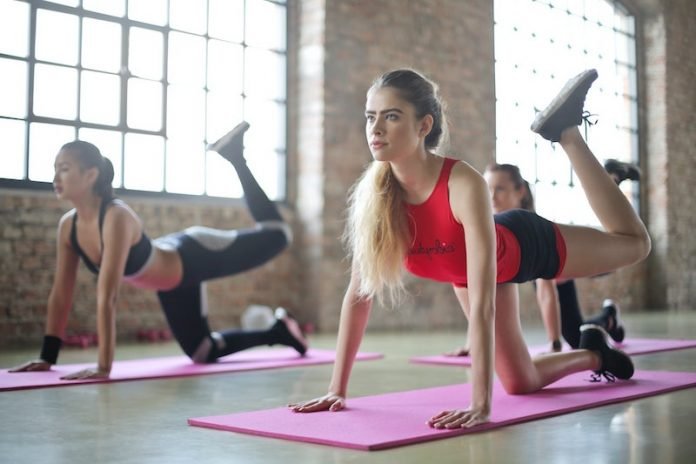
In a new study from Anglia Ruskin University, researchers found that genes play a significant role in how our bodies respond to exercise and have identified a number of specific genes that influence the outcomes of different kinds of physical activity.
They found that up to 72% of the difference between people in performance outcome following a specific exercise can be due to genetic differences.
In the study, the team analyzed results from 3,012 adults aged between 18-55—who had not previously taken part in exercise training—to determine how our genes can affect three important types of physical exercise.
Muscle strength, cardiovascular fitness, and anaerobic power are all key factors in shaping an individual’s fitness, wellbeing, and quality of life, and all participants showed improvements following their exercise training, but to varying degrees, even when performing exactly the same exercise training.
By combining data from 24 separate studies, the researchers discovered that genetic differences are responsible for 72% of the variation in outcomes for people following identical exercises designed to improve muscle strength.
Meanwhile, genetic variations caused 44% of the differences seen following cardiovascular fitness exercises, measured through V̇O2max testing, and 10% of the differences in outcomes following exercises to improve anaerobic power, which is key for movement and agility.
The remaining variations are influenced by other factors such as diet and nutrition, recovery, and injuries.
Each gene possesses alleles, and the allele type can influence how effective that gene is. The researchers believe it is these alleles that cause people’s bodies to respond differently to the same exercises.
In total, the study identified 13 genes, and associated alleles, as being responsible for how well the body reacts to cardiovascular fitness, muscular strength, and anaerobic power exercises.
The researchers suggest that genetic testing could allow exercises to be tailored so they are more effective for each individual, rather than general exercise for all.
This could benefit everyone from hospital patients undergoing rehabilitation to elite sportspeople.
Lead author, a Postgraduate Researcher at Anglia Ruskin University (ARU), said: “We know that exercise is good for us, but we all improve at different rates, even when following identical training regimes. This means there are other factors at play.
If you care about exercise and your health, please read studies about these 5 exercises could do wonders to your health and findings of endurance exercise may help slow or even reverse aging.
For more information about exercise and wellness, please see recent studies about this breathing exercise may help lower blood pressure and results showing that for older people, weight training is more important than cardio exercise.
The study is published in PLOS ONE. One author of the study is Henry Chung.
Copyright © 2021 Knowridge Science Report. All rights reserved.



